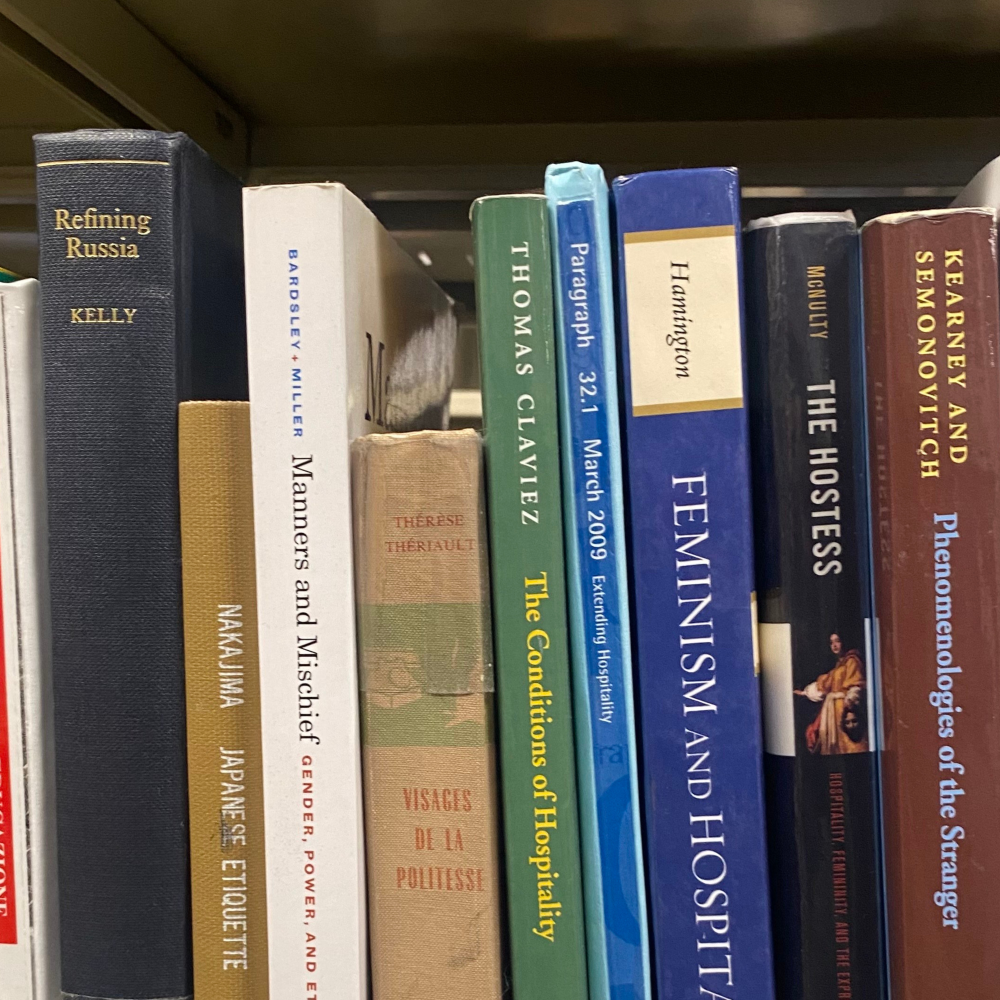There are a ton of choices in terms of deciding what kind of publication one can pursue. This world of choices can seem overwhelming, often leading students to pursue multiple publications through “easier” forms. Although sometimes such choices will lead to a greater readership than anything else (e.g. a blog post that goes viral), such a thing won’t count for anything when going up for a job or for tenure. However, the rules of what “counts” will depend on where you want to end up as a researcher, what other marketable skills you have, and what you want your life to look like.
Ranking of Paper-Length Publications
(from counts the most to counts the least)
- Peer-reviewed original research/theory article at one of the top three journals. In Sociology this is American Sociological Review, American Journal of Sociology, or Social Forces
- Peer-reviewed original research/theory article in another generalist journal (The Sociological Quarterly, Social Problems, Canadian Review of Sociology) OR in the top journal of the subfield (e.g. Marriage and the Family, Work & Occupations, Sociological Theory)
- Peer-reviewed original research/theory article in a lower ranked regional or specialty journal
- Peer-reviewed article related to pedagogy/teaching in a teaching journal
- Peer Reviewed book chapter with a solid academic press and a well regarded editor
- Peer-reviewed literature review
- book reviews
- encyclopedia/dictionary entry
- conference presentations (peer reviewed better than not)
- guest lectures
Interestingly, list is inversely related to the amount of time it takes to do each one & how much competition there is for inclusion. There can be an impulse to think that three “quick” book reviews is better than risking rejection on one journal article. I’d say no. There are reasons to do book reviews, conference papers, or encyclopedia entries, it mostly for yourself to help motivate you to know the literature, give yourself a deadline, or contribute to the field. But if your goal is to get an academic job, putting your efforts into the best publications you can get is likely to prove a much more valuable use of your time.
Interestingly, you can also see that the list is inversely related to the amount of time it takes to do each one & how much competition there is for inclusion. There can be an impulse to think that three “quick” book reviews is better than risking rejection on one journal article. I’d say no. There are reasons to do book reviews, conference papers, or encyclopedia entries, it mostly for yourself to help motivate you to know the literature, give yourself a deadline, or contribute to the field. But if your goal is to get an academic job, putting your efforts into the best publications you can get is likely to prove a much more valuable use of your time.
That said, however, much of how this plays out can be highly contextually dependent. For instance, when I got my first tenure track job, I had only one peer-reviewed journal article forthcoming, an article from my dissertation under review, a non-peer reviewed book review on the website of a journal, and a bunch of teaching experience whereas a colleague hired on a one year contract that year had 14 publications! Although, he did get hired into a tenure track position the following year, why did I get a permanent job first? The answer is simple: I could teach statistics and they needed someone who could do this. My enthusiasm about stats coupled with a critical orientation, set me apart from many other candidates in a very small pool.
But even later, when I had more pubs and applied for (and won) my second tenure track position, I didn’t have a huge number of publications. However, I was first author on a paper published in one of the most prestigious Sociology journals. So, quality can count over quality. Considering that we went through four rounds of revisions for that paper, whereas less prestigious publications of mine required only superficial changes, I don’t really have a problem with this hierarchy–it just takes a lot longer to publish in the highest ranking journals. Departments also like them, b/c the highest ranking journals are also the most widely read, which increases the prestige of their school.
Is this system moral or just or fair? Mostly decidedly it’s not. There’s all kinds of biases shown to be within journals both internal within women and people of color that leads them to be less likely to submit to more prestigious journals and biases among the journals in favor of certain topics or issues that appeal to the often white male editors. That said, this is all the more reason for why any of you reading who are unsure as to where you should aim, I’d like to encourage you to aim a bit higher than you think you can. Dismantling the hierarchies of higher education is likely easier when you’re in it, than when you’re struggling to pay the bills working two part-time jobs.

